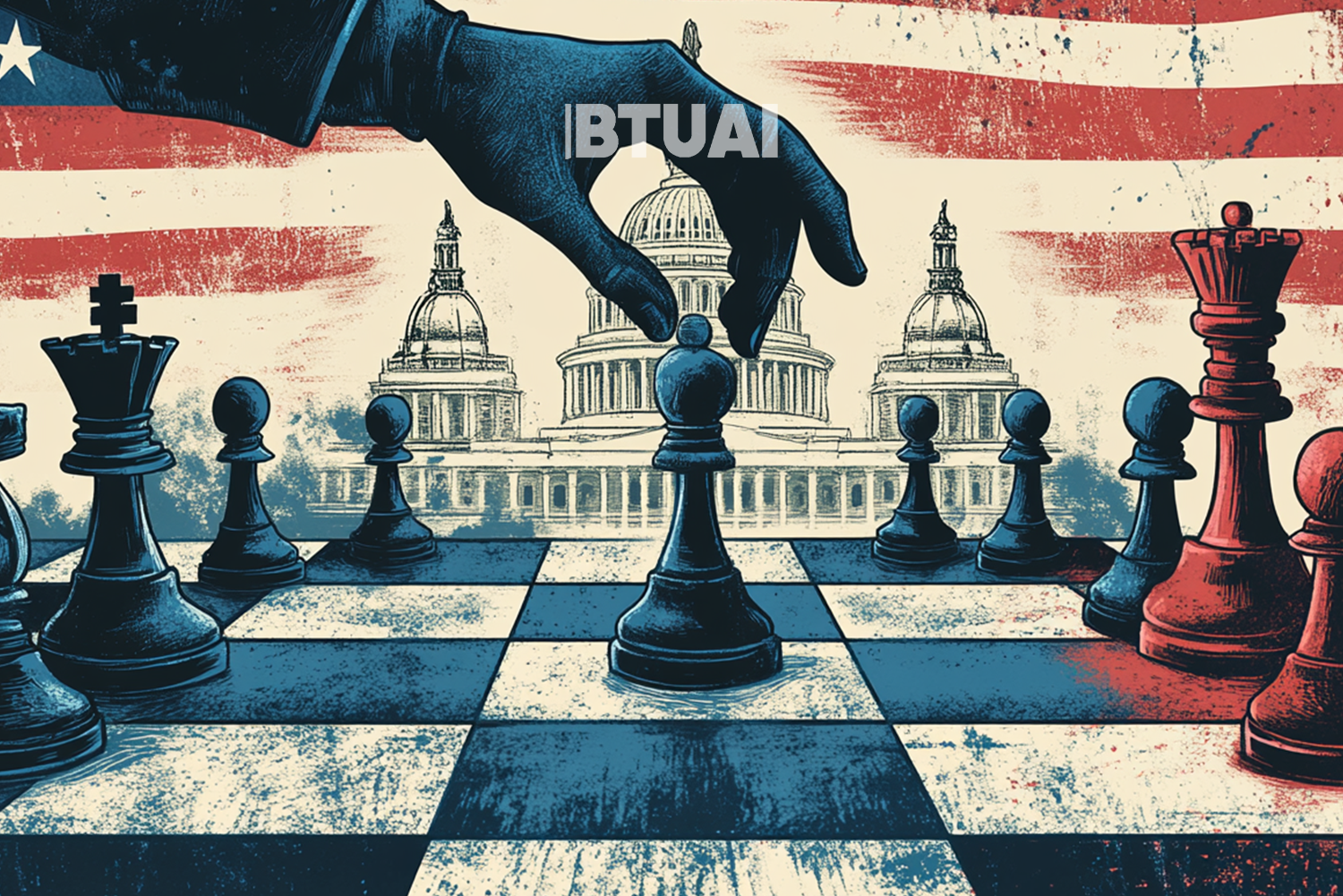The Future of U.S.-UK Relations
The newly elected U.S. President Donald Trump and the British Prime Minister Keir Starmer represent two radically different political

The newly elected U.S. President Donald Trump and the British Prime Minister Keir Starmer represent two radically different political ideologies and leadership styles, creating notable contrasts in their approaches and strategies. While the United States and the United Kingdom often emphasize their “special relationship,” this bond is frequently asymmetrical and largely influenced by the personalities of their leaders. Starmer and his government are concerned about how this relationship will evolve under Trump, particularly as the two nations stand on divergent ideals and political principles.
Throughout history, pairs of leaders have shaped global politics, from Roosevelt and Churchill to Reagan and Thatcher, and Clinton and Blair. Such alliances were often critical to maintaining global security and stability. Even Boris Johnson had a certain rapport with Trump, marked by shared flamboyance and similar personal traits. However, Starmer starts from a much more challenging position, with the UK still grappling to define its role in the global political and economic landscape post-Brexit. The nation faces a dilemma: whether to align more closely with Europe or deepen ties with the United States. Europe’s current challenges further complicate Starmer’s path.
Trump’s leadership style, characterized by bold and populist rhetoric, contrasts starkly with Starmer’s more reserved and evidence-based approach. As a former prosecutor, Starmer emphasizes law, order, and accountability, while Trump often portrays himself as a victim of political and legal systems, highlighting their fundamental differences. Starmer’s pragmatic and long-term policy focus could clash with Trump’s more unpredictable and populist tendencies.
According to Starmer’s biographer Tom Baldwin, the prospect of a warm friendship between the two leaders seems unlikely. Starmer has no intention of showing excessive deference to Trump, a stance that may alienate the U.S. President, who often seeks admiration and acknowledgment from his counterparts. Trump’s “America First” approach could be met with Starmer’s quieter but equally resolute “Britain First” policy, prioritizing evidence-based governance over emotional or populist declarations.
Historical tensions between Trump and the UK Labour Party further strain the relationship. Labour leaders, including current Foreign Secretary David Lammy, have been openly critical of Trump in the past, which complicates efforts to build bridges. However, Lammy’s willingness to engage in constructive dialogue signals a positive shift in the Starmer administration’s diplomatic approach.
Significant policy differences also define the U.S.-UK dynamic under these two leaders, particularly on key issues such as China, climate change, and Ukraine. Starmer advocates for strong ties with China and global cooperation on the climate crisis, while Trump’s policies lean towards a more confrontational stance with Beijing and skepticism about climate initiatives. On Ukraine, Starmer’s firm support for Ukrainian sovereignty and President Zelensky contrasts with Trump’s more cautious approach, adding another layer of complexity to their relationship.
Despite these challenges, both nations recognize the importance of finding common ground to maintain a stable relationship. Shared priorities in defense and security could serve as a foundation for collaboration. Whether the two leaders can overcome their differences and work towards mutual goals will determine the trajectory of the “special relationship” in the coming years.
Ultimately, the future of U.S.-UK relations under Trump and Starmer remains uncertain and fraught with potential conflicts. However, a willingness to compromise and identify shared interests could pave the way for a strong and enduring partnership, contributing to international stability and economic progress. Maintaining and strengthening this relationship is crucial not only for the two nations but also for their influence on the global stage.




